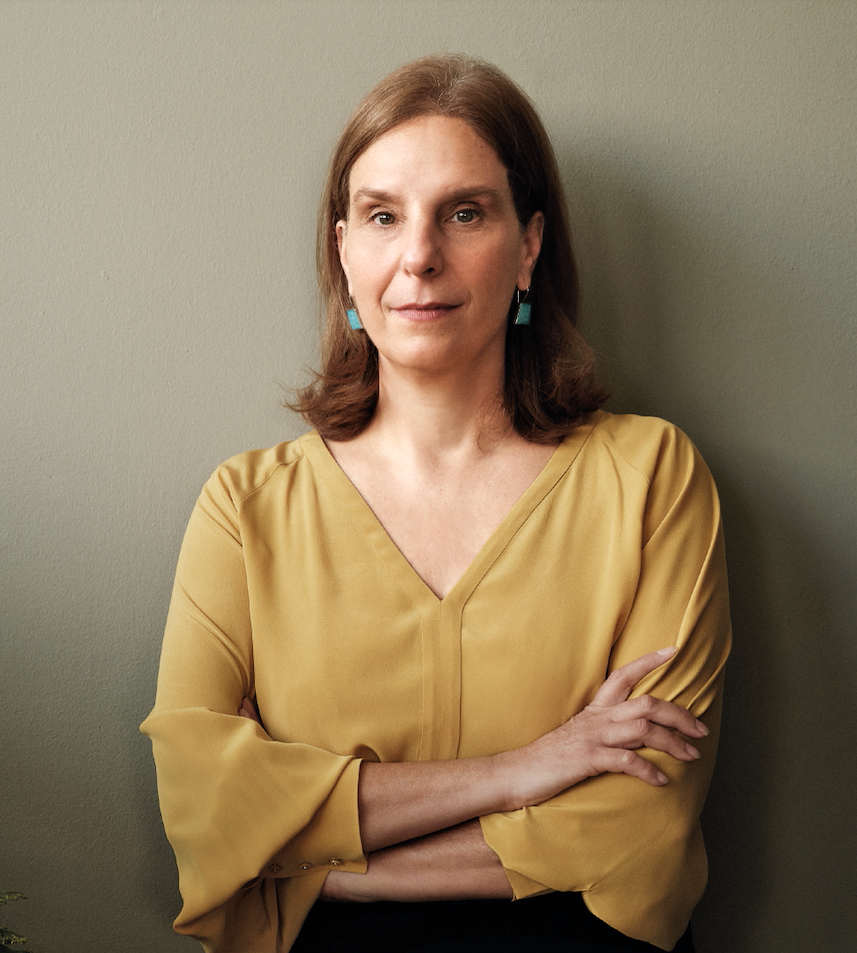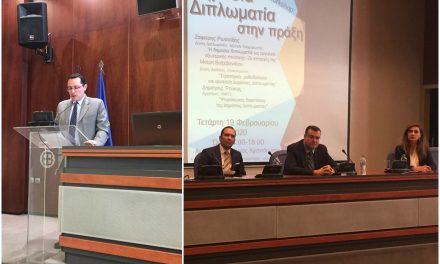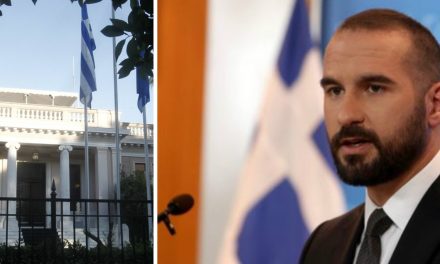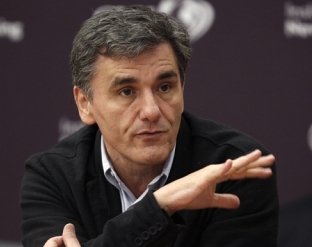
Eleni “Lenio” Myrivili is Global Chief Heat Officer to UN Habitat and the Arsht Rock Resilience Center, working to build heat resilience in cities around the world. She is also one of the experts on the EU Mission Board for Adaptation of the European Commission. “It is a profound honor to take on the role of Global Chief Heat Officer. I am eager to coordinate the collaboration between Arsht-Rock and UN-Habitat to elevate the issue of heat in cities worldwide,” said Eleni Myrivili, formerly Athen’s Chief Heat Officer. “Through this partnership, we will advance solutions that protect communities and create a cooler, more livable future.” From this position of UN Global Chief Heat Officer, Myrivili is tasked with helping cities across the world prepare for extreme heat and respond better when it arrives.
Previrously, Eleni Myrivili, who holds a Ph.D. in Anthropology from Columbia University, has spent years studying this issue in her hometown of Athens, which is one of the cities hardest hit by rising temperatures. In 2014, she was elected Deputy Mayor of Athens for Urban Nature and Climate Resilience and, after a stay at Harvard University to investigate urban resilience to high temperatures, she returned to Greece to become the first chief heat officer in a European city. A recognized voice in Heat Resilience, Eleni Myrivili was invited to deliver a TED Talk Global in March 2022. She held a tenured position at the University of the Aegean and she has been featured in prominent international media, including the New York Times and was named one of Politico’s 28 most influential Europeans for 2022.
This December she was featured in “Nature’s 10,” the scientific magazine’s annual list of the ten people who helped shape science in 2023. According to Nature, “Myrivili is focused on raising awareness of extreme heat at the global level, and on securing money for projects through the auspices of UN Habitat, the program that works towards making cities sustainable. That includes a global-cooling pledge introduced at the COP28 climate conference in Dubai this month. It aims to support the development and roll-out of cooling technologies that do not add to greenhouse-gas emissions.”
As Reuters reports, during November’s COP28 climate meeting, Myrivili called on political leaders to make firm commitments at to stem rapidly rising temperatures in cities, particularly in poorer countries. “This was a really bad summer for heat, for people and for ecosystems and for agriculture and for economies,” Myrivili said in an interview at the Reuters IMPACT conference in London. “In July, we had these crazy heat domes in almost all of the Northern Hemisphere. It really felt like something was different, it felt like a turning point”
“I’m really hoping this COP is going to be more of a decisive COP in turning away from generalities … and really moving fast forward with stopping greenhouse gas emissions and stopping deforestation and figuring out how to create a much sustainable agriculture and sustainable animal husbandry.” As she mentioned she was most concerned about cities in poorer countries that do not have the capacity, the architectural expertise or the funds to make significant changes. “That’s the really scary thing,” she said. “That’s the thing I’m really worried about. There are a lot of countries that have a lot of informal housing, a lot of informal labour and a lot of poverty, and that’s where heat becomes the real killer.”
Talking to the Guardian last year, Myrivili stressed that is “shocking” how little people know about the danger of hot weather. A study this month found that extreme heat in Europe last summer killed 61,000 people, most of whom were women and older people. As well as killing people through heatstroke, hot weather can push the bodies of people with heart and lung disease into deadly overdrive. “It’s total cognitive dissonance that this information is not common knowledge or part of our collective subconscious,” pointing out that many people, particularly in the Mediterranean and Middle East, mistakenly believed they were used to hot weather and able to cope with it. “People are just starting to realize that this is another beast that we’re dealing with.”
Talking to El País on how big cities can cool down, Myrivili elaborated that “the most important thing is to bring nature to cities much more radically than before: nature and water are key to cooling them down. Trees not only provide shade, but also evapotranspire and recapture thermal energy, thus cooling the surrounding area as well. We also need shade, because it improves how we feel the heat. We have to make sure that our public spaces have more water, more shade and fewer cars, because cars are a problem in cities: they add heat, because they burn fossil fuels, and they emit hot air, just like air conditioning. Cars and air conditioning make our public space hotter. So we have to get rid of cars and use air conditioning to a minimum, particularly for people who need it. We also have to look for materials that are permeable to water, that do not absorb heat, and increase the shading of buildings and air circulation.”
I.L., with information from Arsht-Rock, Nature, Reuters, Guardian and El País
TAGS: CLIMATE CRISIS | ENVIRONMENT | GLOBAL GREEKS













